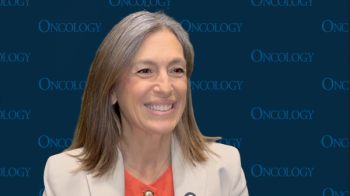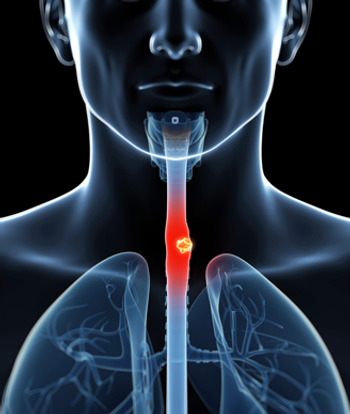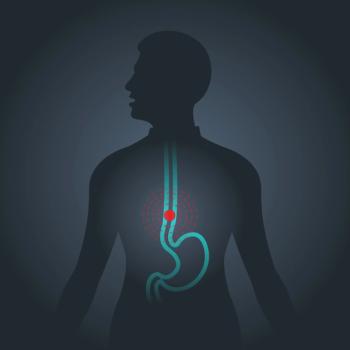
Oncology NEWS International
- Oncology NEWS International Vol 7 No 6
- Volume 7
- Issue 6
Esophageal Cancer Rate Drops in Rats Fed Black Raspberries
NEW ORLEANS--A diet rich in black raspberries prevented chemically induced esophageal tumors in rats, Laura Ann Kresty, MS, reported at the American Association for Cancer Research annual meeting. Ms. Kresty is a PhD graduate student at Ohio State University College of Medicine and Public Health, working in the laboratory of Gary D. Stoner, PhD, professor and chair of the Environmental Health Sciences Division.
NEW ORLEANS--A diet rich in black raspberries prevented chemically induced esophageal tumors in rats, Laura Ann Kresty, MS, reported at the American Association for Cancer Research annual meeting. Ms. Kresty is a PhD graduate student at Ohio State University College of Medicine and Public Health, working in the laboratory of Gary D. Stoner, PhD, professor and chair of the Environmental Health Sciences Division.
In the study, male F344 rats were fed a diet high in powdered freeze-dried black raspberries (5% or 10% of the diet) for 30 weeks. Two weeks after the start of the high-raspberry diet, rats began receiving subcutaneous injections of N-nitro-somethylbenzylamine (NMBA), a carcinogen, once a week for 15 weeks.
Ms. Kresty and her co-workers found that the percentage of rats who developed esophageal tumors dropped 21.4% with the 5% diet and 7.7% with the 10% diet. The number of tumors per rat also fell--by 38.7% in the rats on the 5% diet and 48.9% in rats on the 10% diet. Furthermore, levels of O6-methylguanine (a marker for NMBA metabolism) in esophageal DNA declined by 73% and 80%, respectively, in the rats receiving the 5% and 10% raspberry diets.
Ms. Kresty said she chose black raspberries to study because they are high in ellagic acid, a phenol found in many fruits and nuts that may have antimutagenic and anticarcinogenic properties, but, she noted, the component or components of black raspberries that inhibit tumors are as yet unknown.
Articles in this issue
over 27 years ago
Vogelstein Discusses Gatekeeper Genes, Caretaker Genesover 27 years ago
How People Respond to Gene Testing for Adult Onset Disordersover 27 years ago
MIA Is Used to Monitor Immunotherapy for Melanomaover 27 years ago
Feds Upgrade ‘Healthfinder’ Websiteover 27 years ago
A ‘Gentle’ Immunotherapy Promising for Advanced Prostate Cancerover 27 years ago
UK, Australia, New Zealand Take Lead in Palliative Medicineover 27 years ago
Adjuvant Tamoxifen Effective in Younger Breast Cancer Patientsover 27 years ago
Antigen-Based Antitumor Vaccines Seem Most Promisingover 27 years ago
Wynder Given The American Cancer Society Award at AACRover 27 years ago
Key Organizations Offer No Consensus on MammographyNewsletter
Stay up to date on recent advances in the multidisciplinary approach to cancer.



































